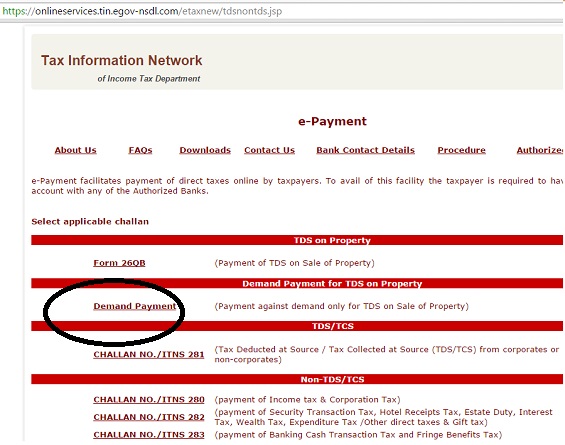TDS on purchase of property- What you must KnowPosted by TaxGuru India on June 15th, 2018 The rule of 1% TDS on property purchase was introduced in Budget 2013-14 for putting a check on the deceitful property deals. For checking the extensive use of black money in the immovable properties, the Indian government introduced a law, wherein, a buyer of a property needs to deduct TDS (tax at source) while paying the sale consideration to the seller for such property. From June 2013, the regulation requires that on every sale of property where the value of such property exceeds INR 50 lakhs, TDS (tax deducted at source) at the rate of 1% needs to be deducted on total sale consideration by the purchaser before making such payment to the owner of such property. Properties covered under this rule Section 194IA necessitates a buyer to deduct TDS at the rate of 1% from the sale consideration, in case the value of such transaction exceeds INR 50 lakhs. The provisions contained in this section cover commercial property, residential property, and land. However, transactions relating to purchase of agricultural land, aren’t covered under Section 194IA.
When to deduct and how to pay TDS A purchaser needs to deduct TDS on property purchase while executing conveyance deed, or while making an advance payment if an advance needs to be paid before execution of such conveyance deed.
Penalty in case of default If the buyer fails to deposit TDS on property purchase to the credit of Central Government within 7 days, then he would be liable to interest charges as per the provisions contained in Section 201. According to this section, a person liable to deduct tax at source on distributed income becomes an assessee in default if he fails to deduct such TDS or fails to pay the TDS to the credit of the central government. The penalty of 1.5% is levied in case TDS isn’t paid to the credit of central government after it has been deducted by the purchases and penalty of 1% TDS isn’t deducted by the purchaser. No provision for nil or lower deduction of TDS Some provisions relating to TDS provide for a payee for approaching an income tax officer for issuance of a certificate, so that buyer deducts TDS at a nil or lower rate. However, there’s no such provision with respect to TDS on property purchase for lower or nil TDS. The purchaser needs to deduct TDS mandatorily, where consideration is more than INR 50 lakhs. Like it? Share it!More by this author |



